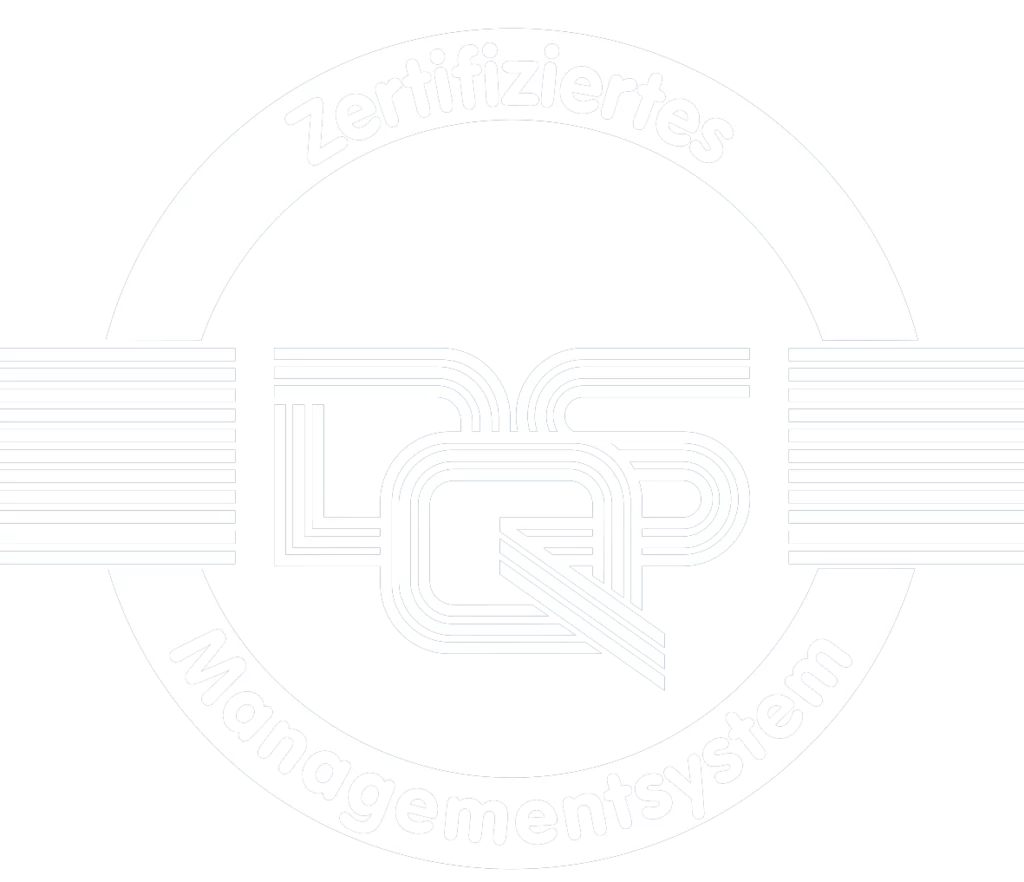I have recently been hosting some Q&A sessions on the subject of Data Science. One of the attendants surprised me with a question that was so important – and so stimulating! – that I responded with a wall-of-text email. Indeed, so close to the heart did that question strike me, that I am going to dedicate this blog to answering it as fully and as aptly as I am able to.
Paraphrased for brevity, this was the question:
Is every Data Analyst doomed to become an accessory to corporate profit, or can they use their skills to do some good in the world?
On to my answer, I want to start by acknowledging that Data Science and Machine Learning can be used in ways that not only fail to do good, but actively do harm. The cases of facial recognition algorithms demonstrating racist bias are well-known, while it is not impossible for algorithms to create damaging feedback loops or, worse, to be ‘gamed’ by players selecting metrics that suit their agenda. There is a wonderful book called Weapons of Math Destruction by Cathy O’Neill which illustrates some of the more flagrant dangers inherent in our industry – I would recommend it wholeheartedly to anyone entering the field.
As for my personal experience, I will freely admit that my first job did not feel gratifying at all. I was hired by a huge tech consultancy, and the first client they assigned to me happened to be a car brand. All I did was help them increase conversions in their website – not the sort of task that will earn you a ticket to the kingdom of heaven!
However, it only took five months before I was able to switch departments within that same company, and put my skills to work in the public sector instead. Now I was developing models for the Unemployment Agency of Catalonia, helping them match unemployed individuals with the courses most likely to find them a job. I also designed a project for detecting potentially fraudulent contracts, and I worked for a branch of the government dedicated to tourism.
This was of course much more exciting and rewarding work than what I’d been doing before, and it made me genuinely happy. I’m not saying this to extol the public sector in particular – it certainly has its own failings and inefficiencies – but rather to make the point that finding work of moral relevance in Data Science is a relatively quick process as long as you have the skills.
I was able to transition from a purely commercial to a socially worthwhile job with no higher qualification than a five-month bootcamp in Data Science. Today I am working in the field of education, which allows me to work with a sense of purpose and to give back. Among other things, I have now been able to design a vastly superior and more complete bootcamp than the one where I learned the ropes.
I am certain this is not an uncommon transition, because I know a lot of students who have taken a similar path. They start by taking whatever job they can find which will pay the rent, working for e-commerce stores or industrial giants, and not long thereafter they move on to positions that better align with their moral universe. It is sometimes assumed that the most ethical work that can be done in Data Science is that of academic research, doing ‘science’ in the true sense of the word, but this is not necessarily the case. For example I could name two students who found work with Tier, an e-scooter sharing company. They’re working for a private firm, sure, but they’re also contributing to making our societies greener and to giving individuals more sustainable mobility options.
I am saying all of this because ultimately there are two facts I would like you to take away from this article. The first is that changing a job within Data Science is a much easier process than finding one for the first time. The second is that having agency over the moral effects of one’s work is a privilege, and that in order to enjoy it you must put yourself in a position where you are financially self-sustaining, and not jobless and vulnerable.
I believe that starting a career in tech is one of the best strategies to obtain this privilege. And that remains true, even if you sometimes need to start with a less-than-fulfilling job in order to get your foot in the door.
As some final food for thought, consider also that it’s possible to make a positive difference from almost anywhere: pushing for your company to behave honestly and sustainably, being vocal about potential discriminations, or starting side-projects and asking the company to make them happen. As Gandhi famously said, you should be the change you want to see in the world. There is no reason at all why you can’t be that change from within Data Science!






